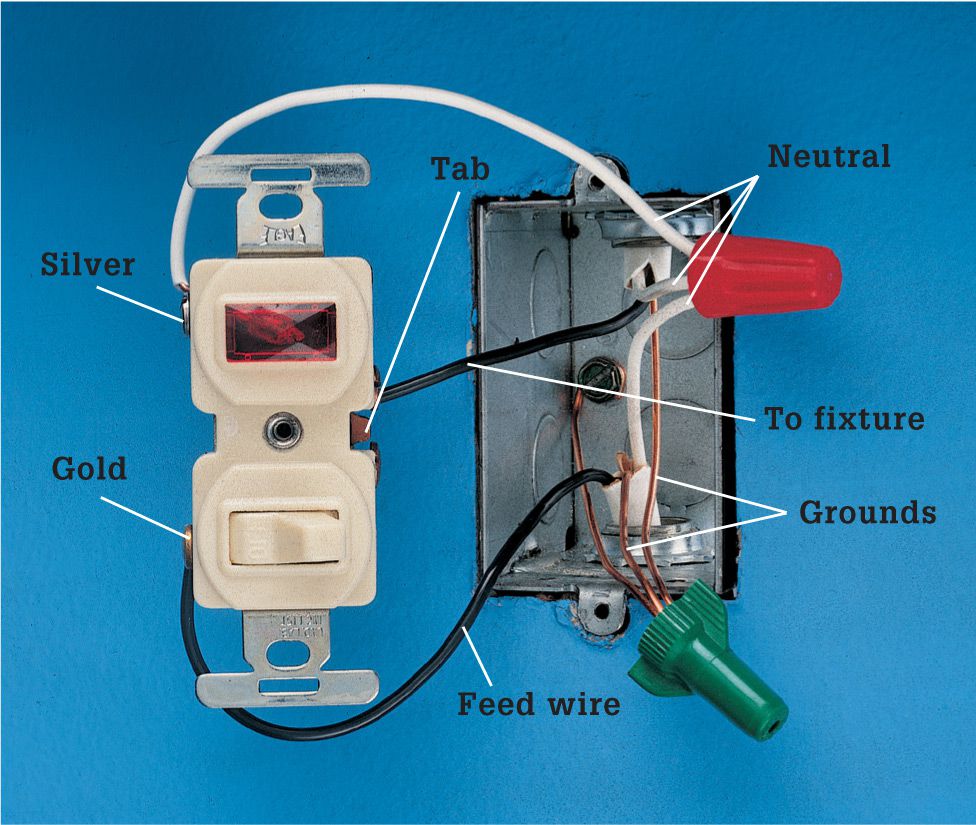When it comes to electrical systems, understanding the ins and outs of wiring diagrams is crucial for any DIY enthusiast or professional electrician. In this article, we will delve into the world of Light Switch With Pilot Light Wiring Diagram, exploring their importance, how to read and interpret them effectively, and how they can be used for troubleshooting electrical problems.
Why Light Switch With Pilot Light Wiring Diagram are essential
Light Switch With Pilot Light Wiring Diagram are essential for several reasons:
- They provide a visual representation of the electrical connections within a circuit.
- They help ensure that the wiring is done correctly, preventing potential hazards such as short circuits or fires.
- They serve as a guide for electricians and DIYers to understand the layout of the electrical system.
How to read and interpret Light Switch With Pilot Light Wiring Diagram effectively
Reading and interpreting Light Switch With Pilot Light Wiring Diagram may seem daunting at first, but with a little practice, it becomes easier. Here are some tips:
- Start by identifying the components in the diagram, such as switches, lights, and wires.
- Follow the flow of the diagram from the power source to the various components.
- Pay attention to the symbols used in the diagram, as they represent different electrical devices and connections.
Using Light Switch With Pilot Light Wiring Diagram for troubleshooting electrical problems
Light Switch With Pilot Light Wiring Diagram are invaluable tools when it comes to troubleshooting electrical issues. Here’s how they can help:
- By tracing the wiring in the diagram, you can identify any loose connections or faulty components.
- You can compare the diagram to the actual wiring in your electrical system to pinpoint the source of the problem.
- Following the diagram step-by-step can help you isolate and fix the issue efficiently.
Importance of safety
Working with electrical systems can be dangerous, so it’s essential to prioritize safety at all times. Here are some safety tips to keep in mind:
- Always turn off the power before working on any electrical system.
- Use insulated tools to avoid electric shocks.
- Double-check your work and follow the wiring diagram carefully to prevent mistakes.
Light Switch With Pilot Light Wiring Diagram
How to Wire Pilot Light Switch. | Electrical Engineering Blog

Switch With Pilot Light Wiring Diagram – Leviton Light Switch Wiring

How to Wire a Pilot Light Switch? 2 and 3 Way Wiring

How To Wire A Switch With A Pilot Light – Electrical – DIY Chatroom

Mastering the Three-Way Switch with Pilot Light: A Complete Wiring

How To Wire Cooper 277 Pilot Light Switch – Leviton 3 Way Dimmer Switch
